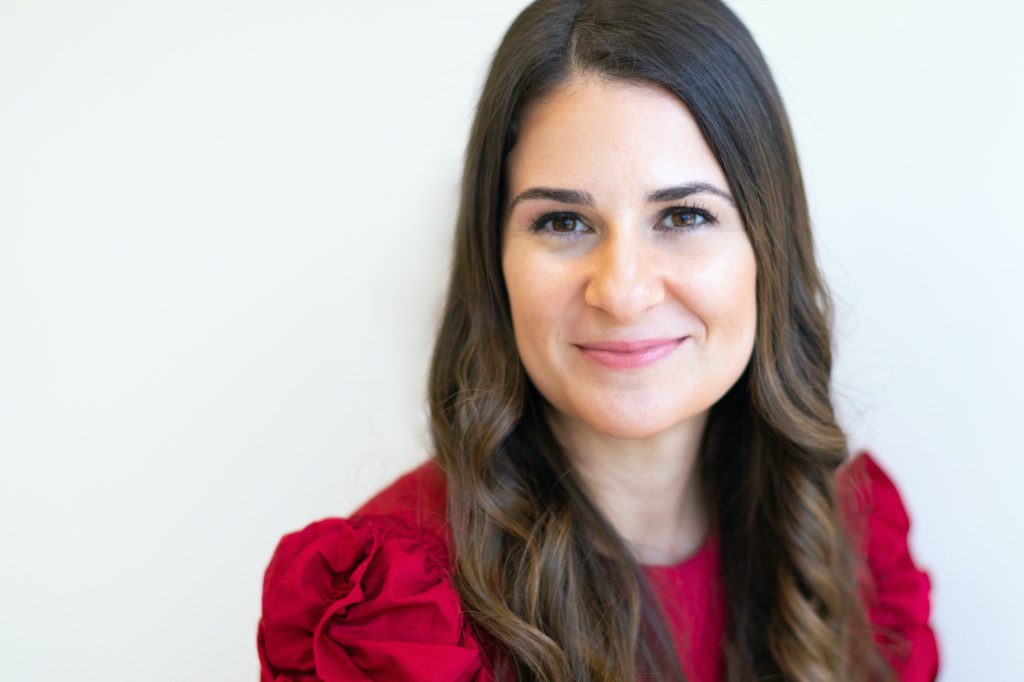Dubai, UAE: Eating disorders are a growing problem in the Middle East, according to research.
This at hand, Dr. Ioannis Delipalas, consultant in adult psychiatry and specialist in eating disorders, has now been joined by Dina Zalami (M.Ed.), counselling psychologist and expert in eating disorders to offer comprehensive in-house support.

“It’s important to be aware of how eating disorders (EDs) are about much more than food, while problematic eating behaviors are the most obvious concerns that a person with an ED struggles with, there are internal struggles that are much more complex and nuanced that need to be recognized and addressed. People often project their internal struggles and fears onto their relationship with food,” said Zalami.

She added, “For example, a person struggling with unmet emotional needs may continue to play out that sense of deprivation by depriving themselves from food. Deprivation though, eventually leads to increased physiological and emotional cravings. When a person gives into the cravings for food, they may experience shame and compensate in unhealthy ways which further entrap them in the cycle of an eating disorder.”
While fasting during Ramadan is associated with many physiological and psychological benefits, for people with a history of disordered eating/eating disorders, the restrictive eating during fasting may trigger or exacerbate an unhealthy relationship with food and body image. Red flags during Ramadan include becoming more preoccupied with food and/or body weight, using fasting as a means for weight loss, and finding it difficult to eat well after breaking fast.
Dr. Delipalas, for his part, said EDs are “severe psychiatric syndromes that most likely result from, and sustained by, sociocultural, psychological and biological factors.”
“They require a holistic approach with medical and psychological treatments in order to address underlying mental health challenges concerns such as depression and anxiety but also in order to identify physical health complications such as gynecological, dermatological, gastrointestinal and cardiovascular conditions,” he said.

Dr. Sarah Rasmi, licensed psychologist, meantime, said EDs “are effectively treated when people receive psychotherapy and psychiatric services, alongside nutrition counseling.
“We are so proud to be able to offer an integrative approach to eating disorder treatment through our specialists.”

